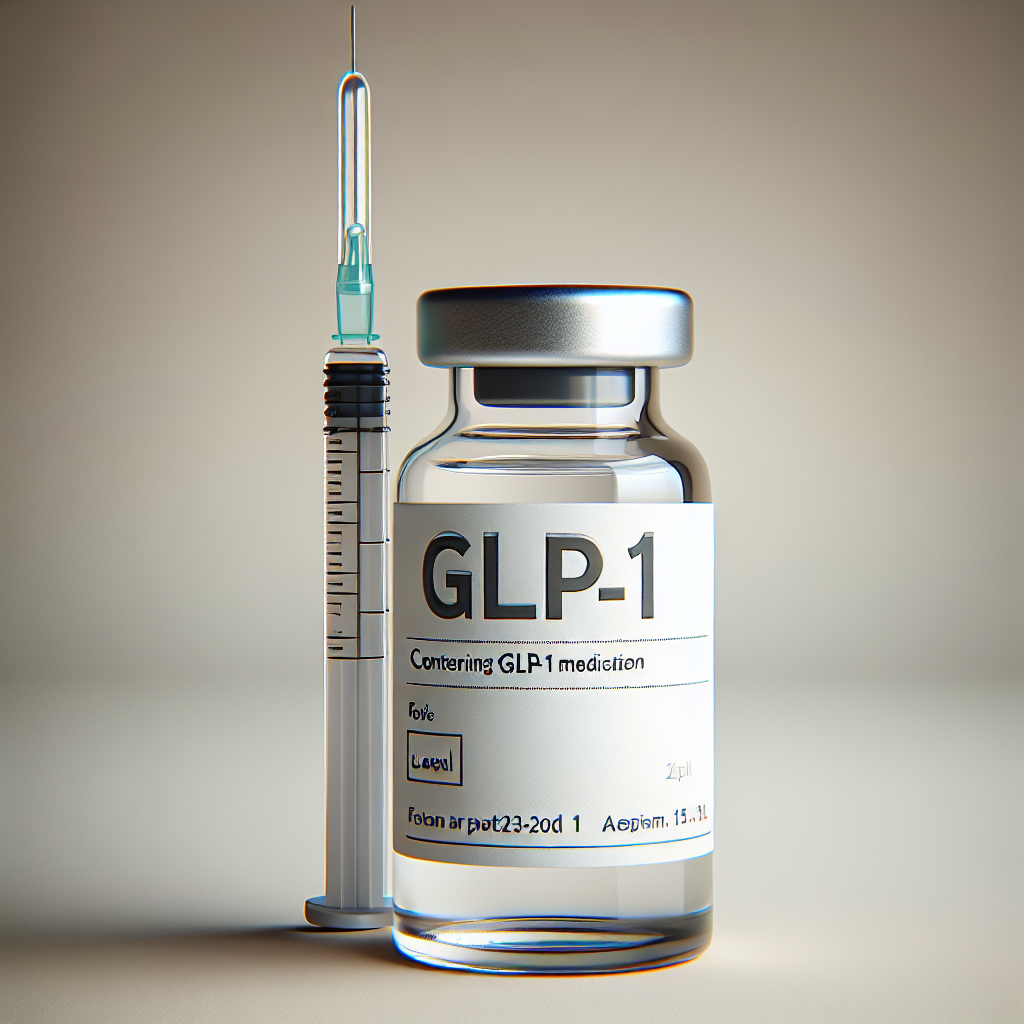The number of people without diabetes being prescribed GLP-1 drugs is increasing, while new prescriptions for people with diabetes are declining, according to a study published in the Annals of Internal Medicine on Tuesday.
The weight loss drug from Eli Lilly, Zepbound, has been found to help reduce heart failure risks, adding to the demand for GLP-1 medications. However, this trend is causing concern about potential shortages of these treatments, warn the study authors.
GLP-1 drugs mimic a hormone that regulates blood sugar and reduces appetite, initially approved to treat type 2 diabetes. In 2021, the FDA approved the GLP-1 treatment Wegovy for weight loss, further increasing demand. Since then, pharmaceutical companies Novo Nordisk and Eli Lilly have struggled to produce enough GLP-1 drugs, including Zepbound, Mounjaro, Wegovy, and Ozempic, to meet rising demand.
Research conducted by Cedars-Sinai Medical Center and other institutions analyzed medical records of 45 million Americans from 2011 to 2023. The study found that the share of new GLP-1 users with type 2 diabetes decreased from nearly 90% to over 70% between 2019 and 2023. Meanwhile, the proportion of new users without type 2 diabetes increased from 10% to 25%.
“These findings indicate that more healthcare providers are recognizing the benefits of these medications for treating obesity, signifying a significant public health shift,” said Yee Hui Yeo, co-first author of the study. “However, it also raises concerns about potential medication shortages and ensuring that diabetes patients still have access to these treatments.”
The study used data from the healthcare software company TriNetX, which may not be representative of the entire nation.
In recent years, GLP-1 drugs have gained popularity for their appetite-suppressing effects and have been shown to help users lose up to 26% of their body weight.
Soaring sales of these drugs have turned Eli Lilly and Novo Nordisk into the most valuable pharmaceutical companies globally. Nevertheless, the high demand has made it challenging for some patients to fill their prescriptions. Both companies have invested billions to increase production of these medications.
Morgan Stanley analysts predict that the global market for these drugs will reach $105 billion by 2030. The investment bank also expects that the adoption of these drugs will reach about 31.5 million people in the U.S., around 9% of the population, by 2035.
